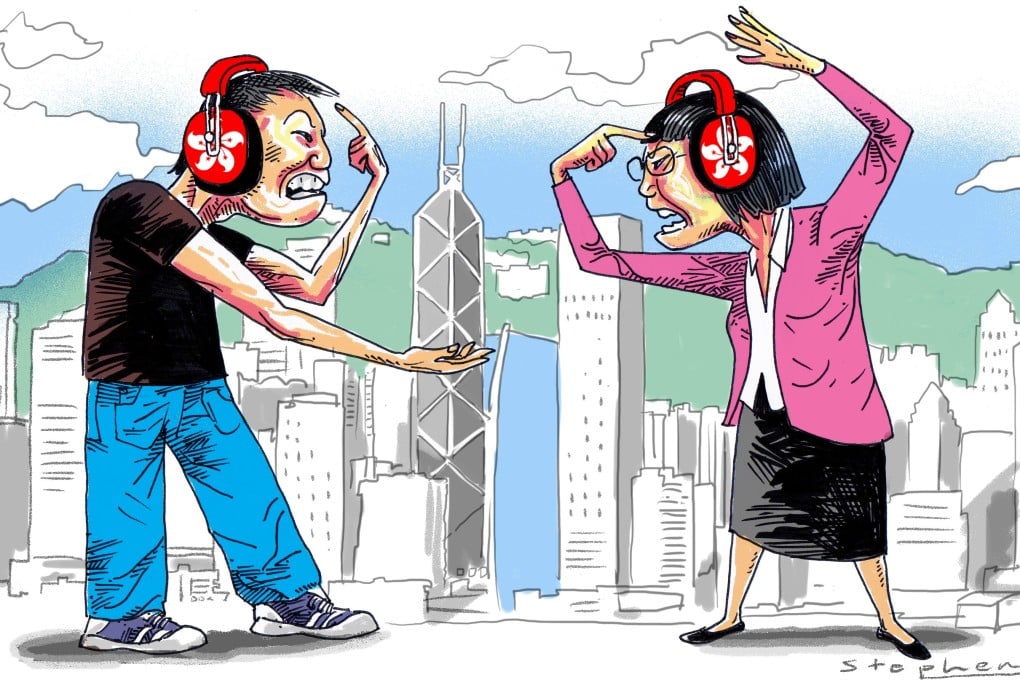Opinion | Liberal or conservative, Hongkongers must learn to listen to those they disagree with
- At the fundamental level, the protests are disagreements over values. If the city is to reach closure, people on both sides of the divide must have the sophistication to listen to the other side and spot opportunities for give and take

The city remains deeply polarised. How can we reach closure in our collective nightmare? Social science research points a way. Consider a pair of opinion polls that asked people at two rallies the same question, “Which two of the following do you consider to be Hong Kong’s most important core values?”
These results shed some light on the nature of the conflict playing out on our streets. The clashes are not just expressions of anger about economic woes; they are manifestations of sharp disagreements over which values deserve priority.
According to research by psychologists Jesse Graham, Jonathan Haidt and others, people are guided by at least five fundamental intuitions about morally acceptable behaviour. These are: care of the young and weak; fairness and justice among equals; loyalty to and sacrifice for the group; deference to authority and respect for tradition; and sanctity and avoidance of contamination.
These intuitions are moral foundations, structuring people’s reasoning about right and wrong. Collectively, they form the basis of societal construction of virtues, rules and practices.

